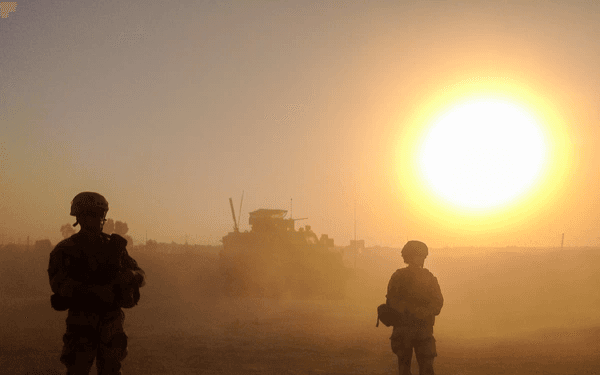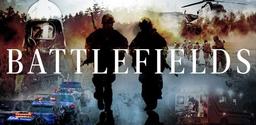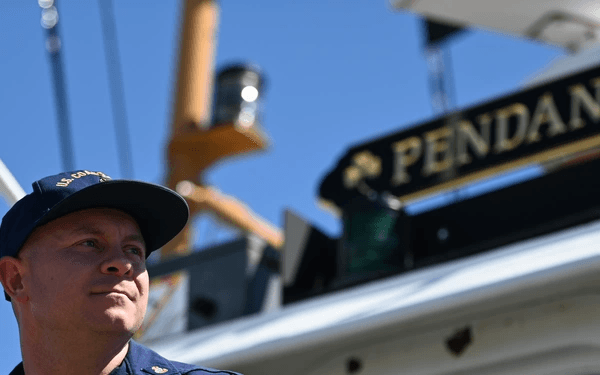Commentary
I am not a combat veteran. The closest I’ve come to facing the enemy is holding a rifle or sidearm at high ready when approaching a panga full of uncut cocaine and a handful of exhausted smugglers. They were never armed with anything more dangerous than a fishing knife. If they had guns, they tossed them as soon as they saw the blue lights, knowing full well that we were keyed up and ready to kill if they so much as twitched in a threatening way. We came close more than once.





